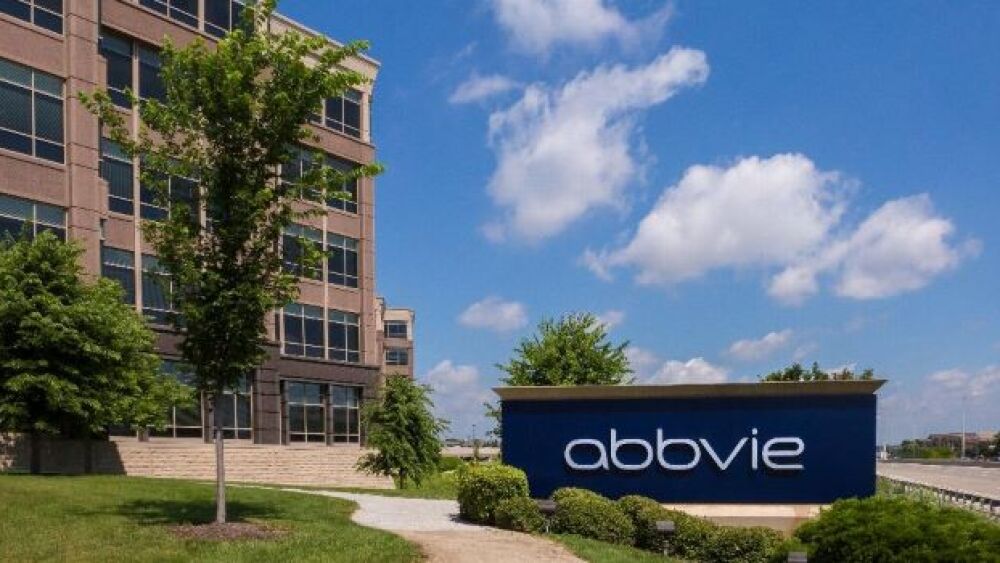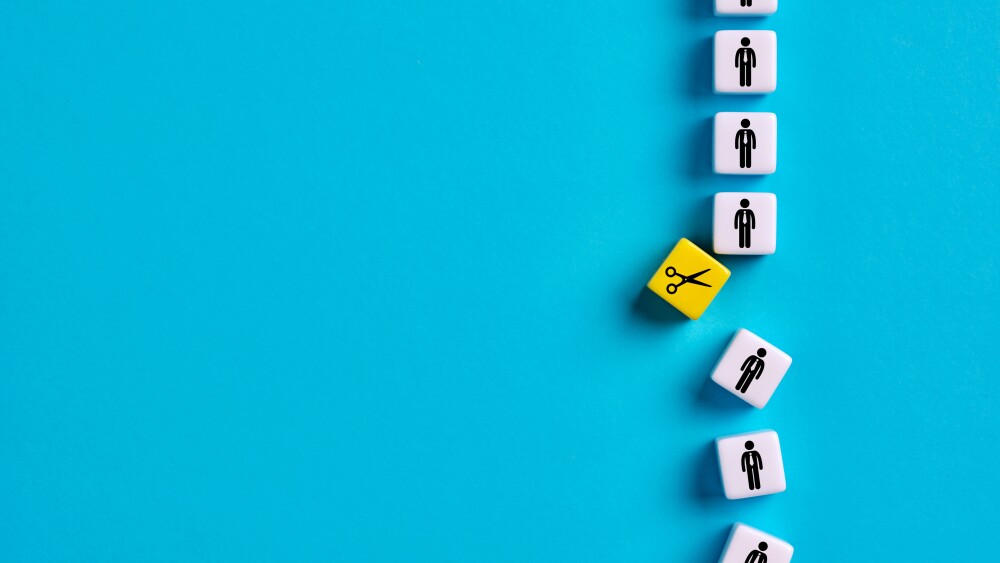AbbVie has officially reached the Humira cliff, and 2023 estimates are feeling the effects. The Illinois-based biopharma shared its Q4 and full-year 2022 results Thursday morning.
Courtesy AbbVie, Inc.
AbbVie has officially reached the Humira cliff, and 2023 estimates are feeling the effects. The Illinois-based biopharma shared its Q4 and full-year 2022 results Thursday morning.
Full-year net revenues for the company were just over $58 billion–a 3.3% increase on a reported basis. Blockbuster immunotherapy drug Humira made up a good chunk of that, with net revenues of over $21 billion for the year.
AbbVie’s 2023 expected adjusted profit forecast ranged from $10.70-$11.10, lower than analysts’ estimate of $11.65 according to Refinitiv IBES data.
The company provided erosion guidance for U.S. sales of Humira at -37% for 2023.
Sales of Humira have already been on the decline due to biosimilar competition in Europe since October 2018. Internationally, 2022 sales of the injectable dropped 22% to $2.6 billion.
After 20 years of cornering the market, copycat versions of the best-selling drug of all time are hitting the U.S. market this year with Amgen’s biosimilar, Amjevita, the first one out of the gate in January. Amgen’s version comes with a 5% and 55% discount, depending on the patient, to Humira’s monthly price tag of $6,922.
Nine Humira biosimilars are set to hit U.S. shelves by mid-2023. So far, insurers have not given biosimilars any advantage over the name brand drug, leaving little incentive for doctors to choose another name over AbbVie’s said David Risinger, securities analyst at SVB, in an interview with Reuters. But that may change as more options become available.
The largest impact of these biosimilars on Humira will be pricing. Looking at 2023, the executive team is “trying to predict going forward what price will look like,” said Richard Gonzalez, CEO, AbbVie.
A Solid Foundation
AbbVie remained confident on the earnings call, touting its other assets. While not one is likely to come close to the heights Humira reached, the biopharma is hoping to offset income loss with its hearty pipeline of 80-plus assets.
“We have a solid foundation which will allow us to absorb the U.S. Humira loss of exclusivity,” Gonzalez said in the release.
Fourth-quarter global net revenues came in at $15.121 billion. AbbVie’s biggest earners after Humira were Skyrizi, a monoclonal antibody for plaque psoriasis, and cancer treatment Imbruvica.
JAK inhibitor Rinvoq is already approved for six indications similar to that of Humira, like rheumatoid arthritis, psoriatic arthritis and ulcerative colitis. It’s in the final stretch for four more, including Crohn’s disease. AbbVie recently projected Rinvoq and Skyrizi combined will exceed Humira’s record-breaking $20 billion in annual sales by 2027.
In addition to its immunology and hematologic oncology portfolios, the company also has neuroscience and aesthetics sales to lean on.
The biopharma will increase its R&D investment dollars from $6.4 billion to $6.8 billion as many of its programs move to Phase II and III. AbbVie is investing in assets both internally and externally that will “drive very strong growth,” Gonzalez said.






